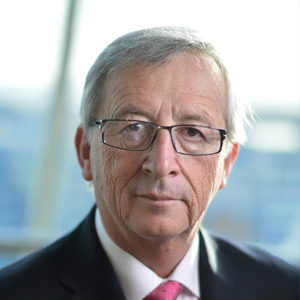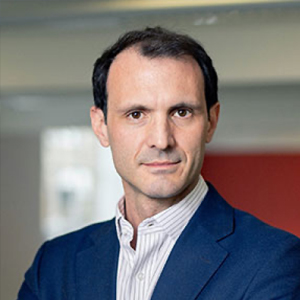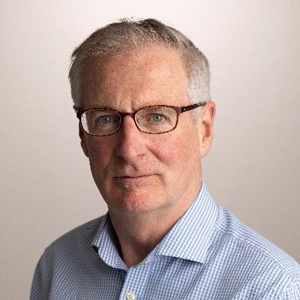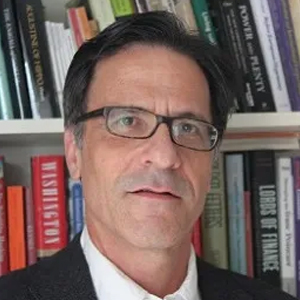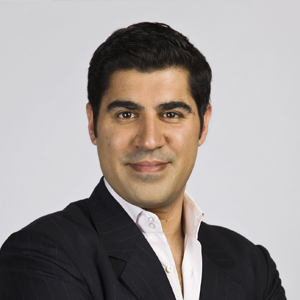Jean-Claude Juncker was one of the founding fathers of the euro, a pioneer of European unification, and Prime Minister of Luxembourg. After 18 years in office, he stepped down in December 2013, as the longest-serving head of government of any European Union state and one of the longest-serving democratically elected leaders in the world.
Widely renowned to be a highly skilful mediator within the European Union, he was President of the Eurogroup between 2005 and 2013 and President of the European Commission between 2014 and 2019.
Elected to Luxemburg’s Chamber of Deputies for the Christian Social People's Party in 1984, Jean-Claude Juncker was immediately promoted to Jacques Santer's cabinet as Minister for Work. He was Luxembourg's Minister for Finances from 1989 to 2009. Juncker was a key architect of the Maastricht Treaty, and was largely responsible for clauses on economic and monetary union. A highly skilled economist, he held the roles of Governor of the World Bank, and the IMF. He became Prime Minister in 1995, and served two six-month terms as President of the European Council, in 1997 and 2005.
In 2006, Jean-Claude Juncker was awarded the 'International Charlemagne Prize of Aachen for his contribution as an "engine and pioneer of European unification". At the ceremony, former German Chancellor Kohl, recognised him as an optimist who had never doubted the European cause. He has also won many other awards including "European of The Year" and "European Banker of the Year".
